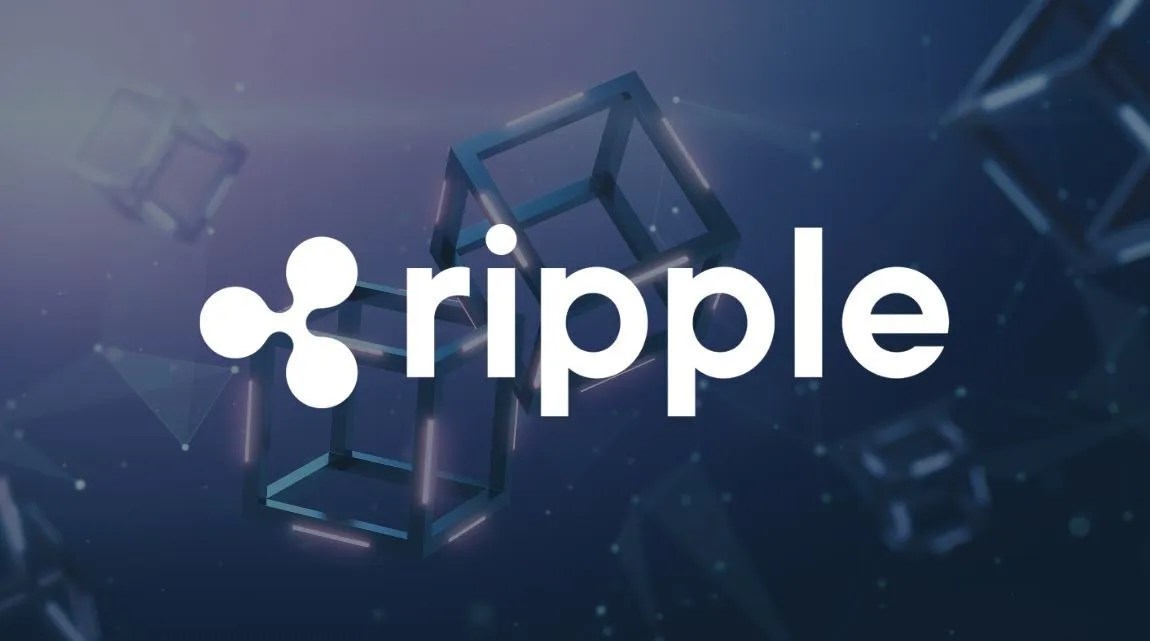Elon Musk launches Grokipedia where Grok AI controls all content
TLDR
- Grokipedia is open-source and free, with over 885,000 articles at launch.
- Grok AI manages all content and decides if user edit requests are accepted.
- Musk delayed the launch to remove what he called “propaganda” content.
- Wikipedia’s article on Grokipedia notes concerns of far-right slant.
Elon Musk has introduced Grokipedia, an AI-driven, open-source encyclopedia aiming to rival Wikipedia. Unlike its counterpart, Grokipedia allows Musk’s Grok AI to take control over content moderation. Users can request edits, but the final decisions lie with the AI. This move follows Musk’s long-standing criticism of Wikipedia’s editorial process and perceived political bias, which he claims leans heavily toward left-leaning narratives.
AI Controls Editorial Decisions on Grokipedia
Elon Musk launched Grokipedia through his social media platform X. He described the platform as “truth-focused” and open for public use at no cost. Grokipedia uses Grok AI to generate and manage its content. Users can suggest changes, but the AI decides whether to accept them or not.
Musk stated, “You will be able to ask Grok to add/modify/delete articles, and it will either take the action or tell you it won’t and why.” This centralized AI moderation differs from Wikipedia’s model, which relies on thousands of human editors and automated tools. Grokipedia’s structure shifts editorial power to artificial intelligence instead of a distributed community.
Comparison Between Grokipedia and Wikipedia
Following its launch, users began comparing Grokipedia to Wikipedia. One notable example involved the article on George Floyd. On Grokipedia, the entry focused on Floyd’s criminal record. Wikipedia’s version emphasized that Floyd was killed by a white police officer.
This contrast raised concerns among critics about editorial choices. Wikipedia’s article on Grokipedia pointed out that some entries on Grokipedia “promote far-right perspectives or favor Musk’s viewpoints.” It cited examples, including the omission of a controversial hand gesture Musk made in January 2025, which Wikipedia mentioned but Grokipedia did not.
Meanwhile, Grokipedia’s article about Wikipedia includes studies claiming the site may have political bias. It says, “Studies analyzing article language and tone reveal deviations from neutrality… with right-leaning political figures and topics more frequently depicted negatively.”
Launch Delays and Technical Challenges
Grokipedia’s launch faced a short delay, which Musk attributed to a need to “purge out the propaganda.” The platform briefly crashed shortly after it went live but returned online quickly. According to Musk, Grok AI had already generated over one million articles by launch day.
At the time of release, Grokipedia claimed to host more than 885,000 articles. While the content is open-source, the AI retains full control over which content stays, changes, or gets removed. Musk did not share detailed documentation on how the AI determines factual accuracy.
Ongoing Debate Over Bias and Control
Musk has repeatedly accused Wikipedia of political bias. He has claimed its volunteer editors often shape narratives in ways that align with left-leaning ideologies. Grokipedia is presented as an answer to this problem, although some worry that it may reflect Musk’s own views instead.
The debate over Grokipedia’s neutrality is still ongoing. Critics argue that handing editorial power to AI could introduce new types of bias or overlook context. Supporters of the project argue that it might reduce human-driven agenda setting. However, both platforms now appear to be defining the direction of public information online in very different ways.
The post Elon Musk launches Grokipedia where Grok AI controls all content appeared first on CoinCentral.
You May Also Like

RLUSD at Center of New Trading and Lending Alliance

Is Apple A Buy Ahead Of Earnings October 30?
